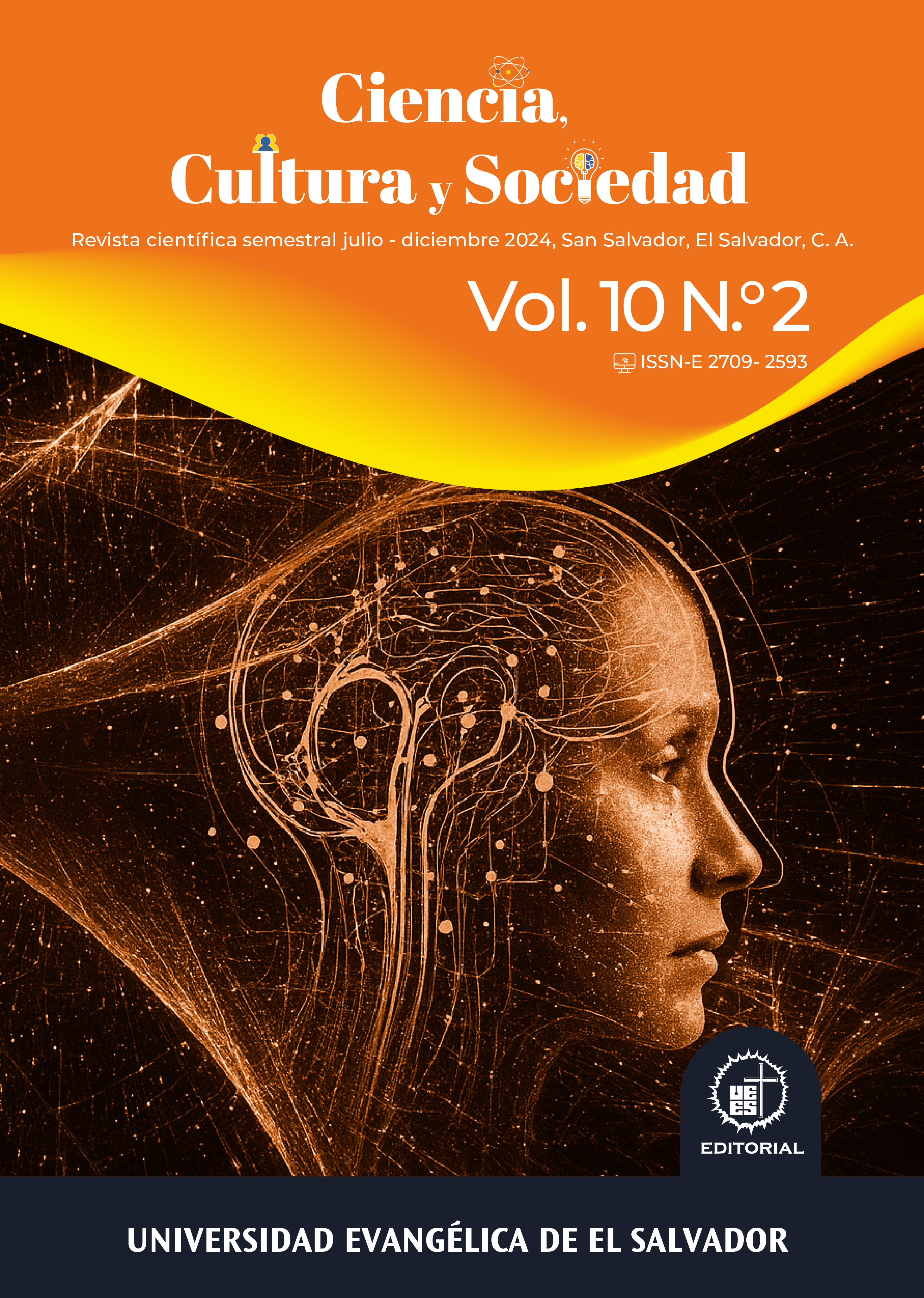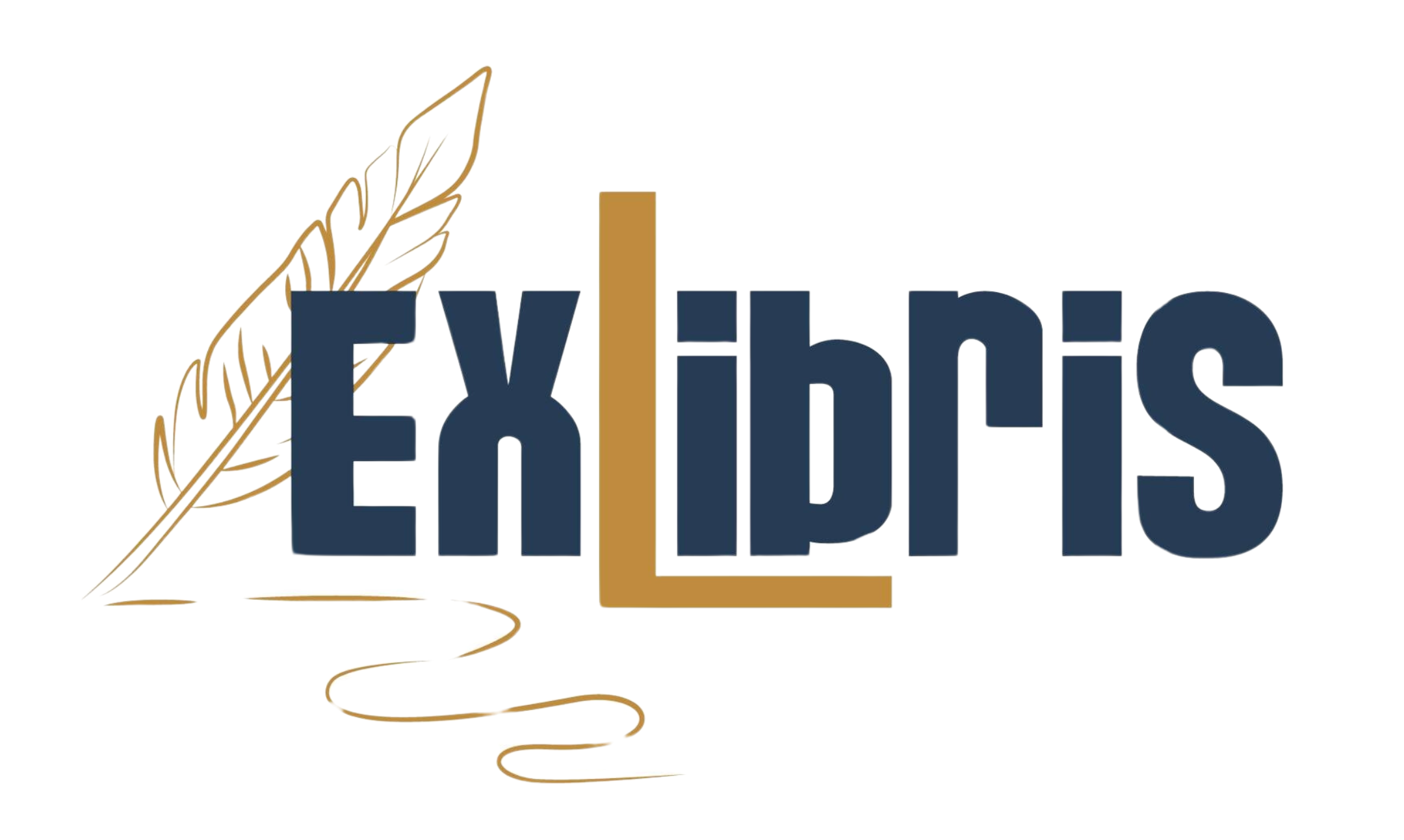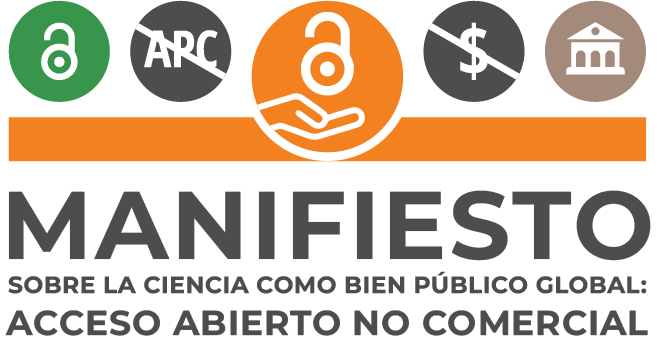Bibliotherapy and the development of habits in sixth-grade children: the case of El Salvador
DOI:
https://doi.org/10.69789/ccs.v10i2.752Keywords:
Librarian, Reserch design, Child population, Protocol, El SalvadorAbstract
Bibliotherapy is a tool derived from the cognitive-behavioral approach. The technique allows people to identify their thoughts, feelings, and emotions to generate actions that contribute to behavioral changes that favor their personal development. Bibliotherapy, according to the González Rodríguez protocol, is implemented through the selection and reading of a book and subsequent answers to the questions: What do I think? What do I feel? What will I do? How will I do it? And when will I do it? It is known that habits foster the development of skills and can also be decisive in children's academic performance. The study aims to establish a comparison describing the habits developed by sixth-grade children in two public schools in Honduras and El Salvador, applying the bibliotherapy technique according to the González Rodríguez protocol. This article presents only the results obtained in El Salvador. A quantitative, quasi-experimental, and descriptive approach was used to carry out the project. The "habits questionnaire" was administered to a sample of 39 children before and after the quasi-experiment to determine the development of categories in nine habit groups. The results show no significant differences between the control and experimental groups after the experiment, but significant differences are evident when comparing the before and after results of the experimental group.
References
Balderas Sánchez, A. V., Cruz Navarro, C., Zapata Garay, N., & Salazar Mata, J. M. (2022). La validación por juicio de expertos como estrategia para medir la confiabilidad de un instrumento. TECTZAPIC, 8(1). https://www.eumed.net/es/revistas/tectzapic/8-1-junio22/instrumento
Castro, A., & Altamirano, N. (2018). ¿Leer para estar bien?: Prácticas actuales y perspectivas sobre biblioterapia como estrategia educativo-terapéutica. Investigación Bibliotecológica, 32(74), 171–192. https://www.scielo.org.mx/scielo.php?script=sci_arttext&pid=S0187-358X2018000100171
García, Z. (2019). Hábitos de estudio y rendimiento académico. Revista Boletín Redipe, 8(10), 75–88. https://dialnet.unirioja.es/servlet/articulo?codigo=7528325
González, F. (2009). Familia y tareas domésticas. Campo Abierto, 28(2), 35–51. https://dialnet.unirioja.es/descarga/articulo/3128490.pdf
González Rodríguez, P. (2020). La técnica de la biblioterapia. Ciencia, Cultura y Sociedad, 7(1), 56–68. https://www.uees.edu.sv/revistaenlinea/index.php/CienciaCulturaSociedad/article/view/179
Ibáñez, M. (2020). Orientación pedagógica para el fortalecimiento de las normas de urbanidad en los niños y niñas del grado primero de la Institución Educativa Bethlemitas Brigthon [Trabajo de grado, Universidad de Pamplona]. Repositorio Institucional Universidad de Pamplona. https://repositoriodspace.unipamplona.edu.co/jspui/handle/20.500.12744/6371
Jiménez, M., Martínez, P., Miró, E., & Sánchez, A. (2008). Bienestar psicológico y hábitos saludables: ¿Están asociados a la práctica de ejercicio físico? International Journal of Clinical and Health Psychology, 8(1), 185–202. https://www.redalyc.org/pdf/337/33780113.pdf
Rangel, N., Ribes, E., Valdéz, T., & Pulido, L. (2011). Las funciones de poder en la obediencia y el cumplimiento de niños escolares. Revista Mexicana de Análisis de la Conducta, 37(2), 205–227. https://doi.org/10.5514/rmac.v37.i2.26146
Villota, M., Fajardo, M., & Garzón, F. (2015). Una revisión general a los hábitos y técnicas de estudio en el ámbito universitario. Psicogente, 18(33), 166–187. https://www.redalyc.org/pdf/4975/497551992015.pdf
Downloads
Published
Issue
Section
License
Copyright (c) 2024 Pedronel González Rodríguez, Fabricio Larach, Karla Funes

This work is licensed under a Creative Commons Attribution-NonCommercial-ShareAlike 4.0 International License.
Los artículos de Ciencia, Cultura y Sociedad están publicados en acceso abierto bajo una licencia CC BY-NC-SA 4.0 de la Universidad Evangélica de El Salvador.


















